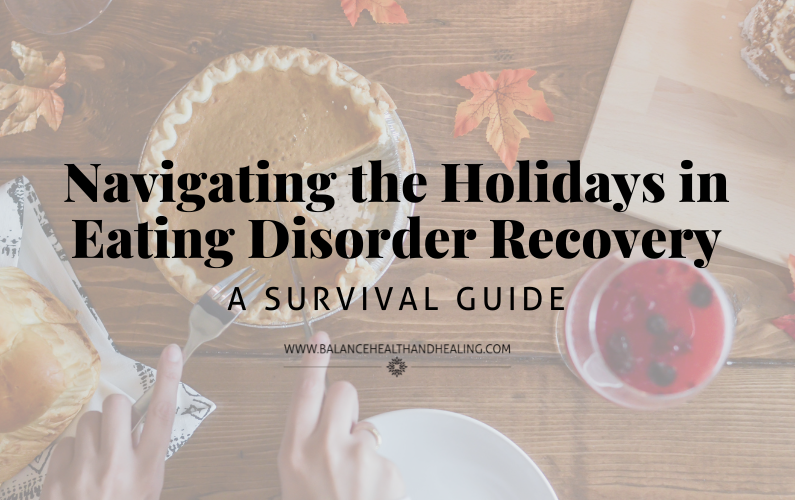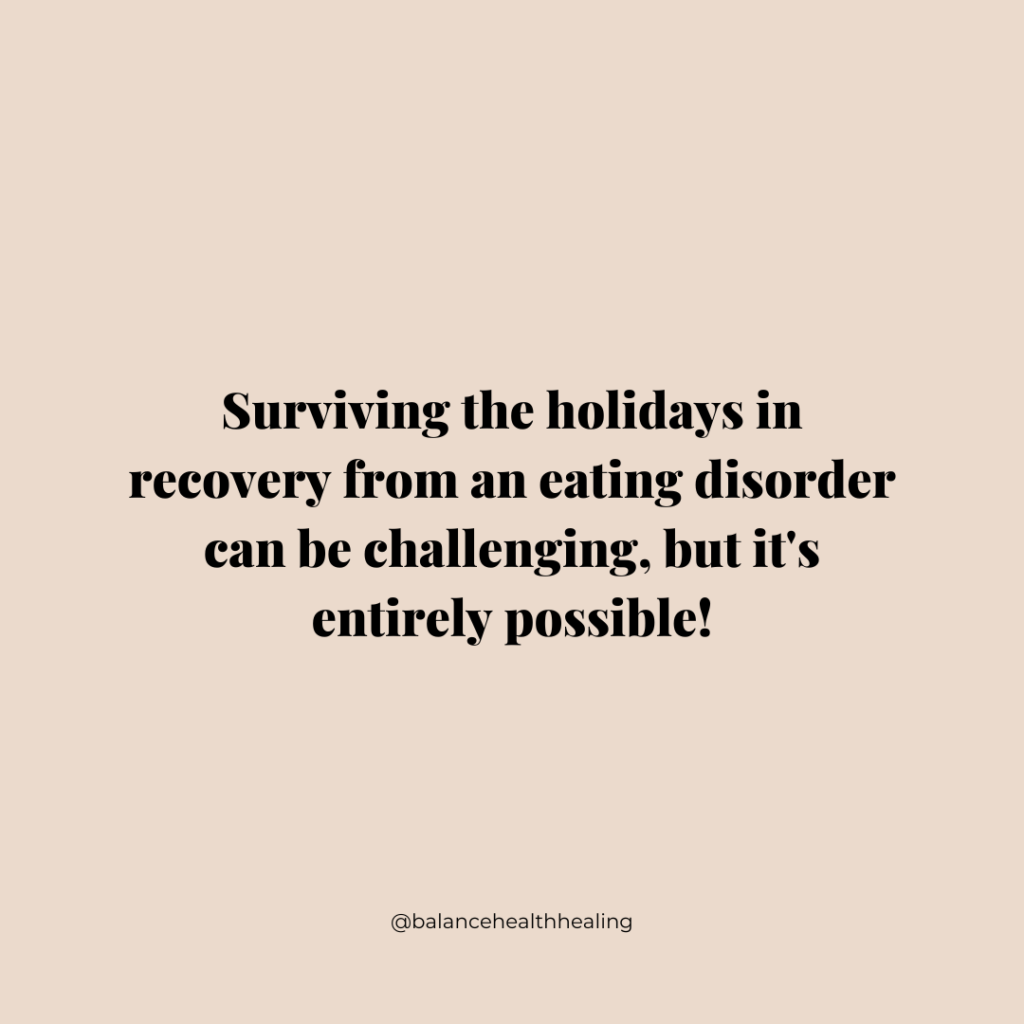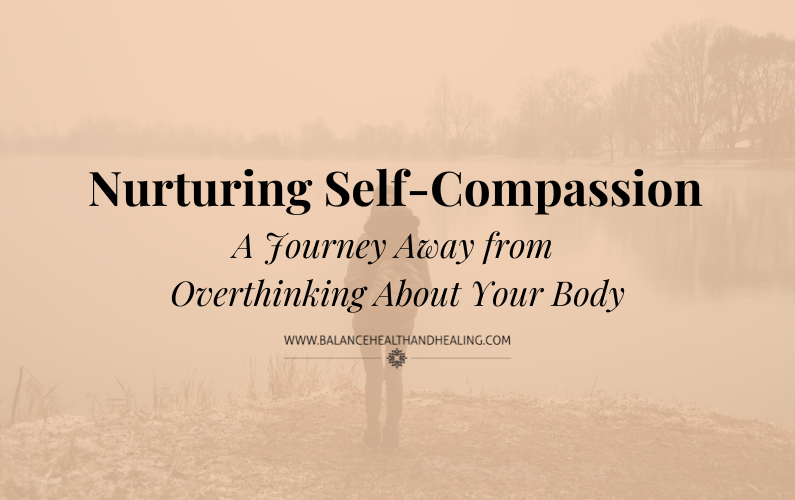
Nurturing Self-Compassion: A Journey Away from Overthinking About Your Body
In a world that often emphasizes external appearances, it’s easy to find ourselves trapped in a cycle of overthinking about our bodies and self-image. The constant comparison to societal standards can lead to stress, anxiety, and a negative impact on our mental well-being. Are you left feeling empty, constantly stuck in your own head, and wondering- is all of this thinking about myself and my body ever going to stop? The journey toward cultivating self-compassion and breaking free from the cycle of excessive self-focus is possible!
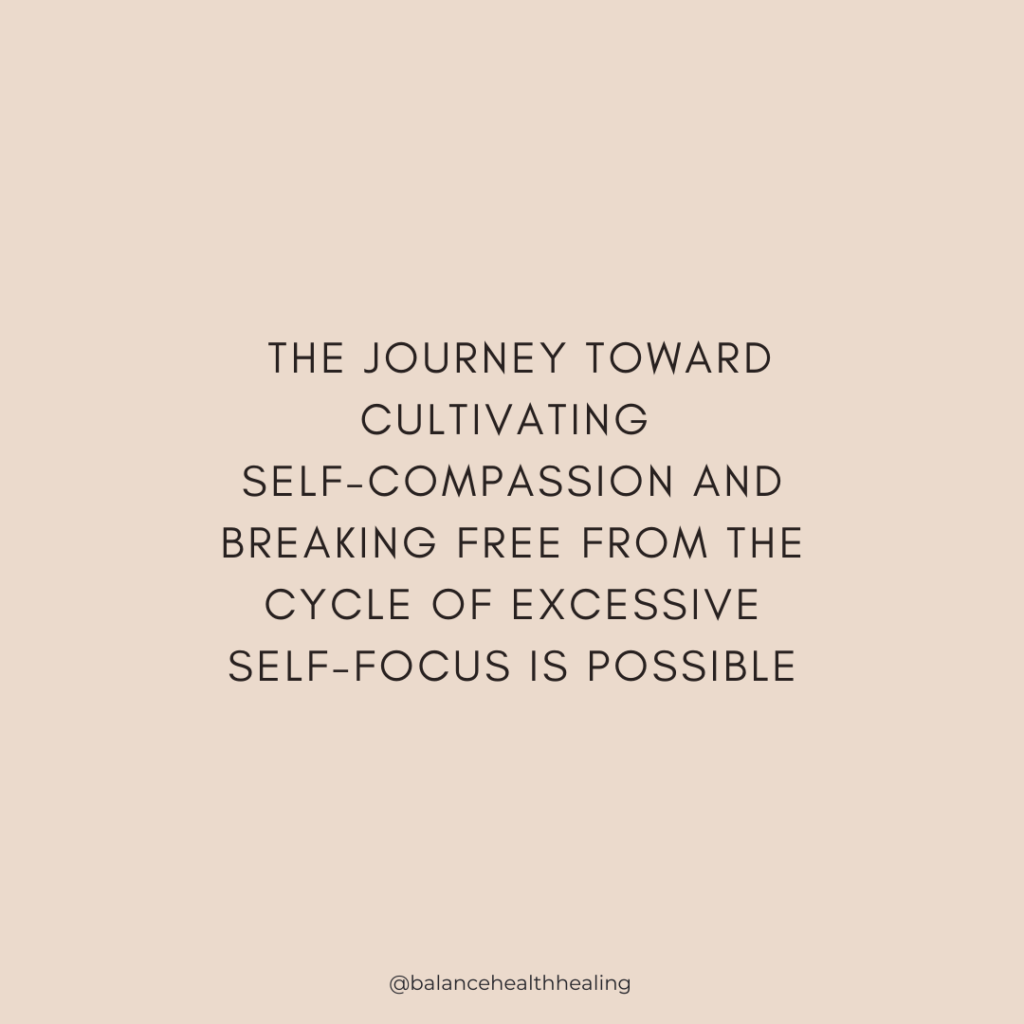 Understanding the Roots:
Understanding the Roots:
To embark on a journey of self-compassion, it’s essential to understand the roots of our overthinking. Reflect on experiences, societal pressures, or personal expectations that may have contributed to this pattern. By acknowledging these factors, we can start to unravel the complex web of thoughts that surround our body image.
Mindful Awareness:
Begin the process of breaking free from overthinking by cultivating mindful awareness. This involves being present in the moment without judgment. Pay attention to your thoughts and feelings about your body without attaching value judgments. Mindfulness allows you to observe your thoughts as they arise, creating space for understanding and acceptance.
Challenge Negative Self-Talk:
Overthinking often involves a barrage of negative self-talk. Challenge these thoughts by reminding yourself: I am working to cultivate an existence that doesn’t involve such intense focus on my outward appearance. Replace negative thoughts with positive affirmations. Remember that your worth goes beyond physical appearance; you deserve self-love and acceptance.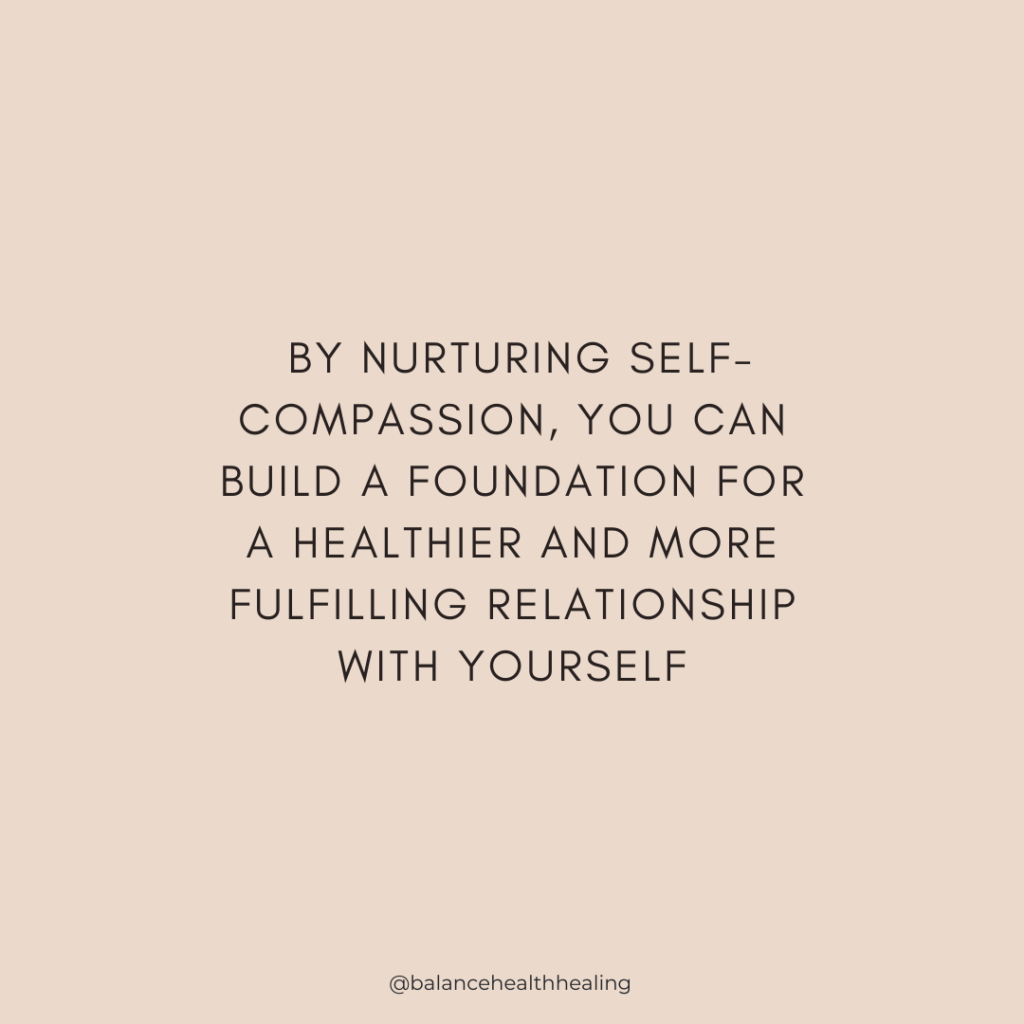
Embracing Imperfections:
Shift the focus from perceived flaws to embracing imperfections. Recognize that everyone has unique qualities that make them special. Consider the incredible things your body does for you daily, focusing on its strength and resilience. Celebrate your body for the amazing person she is, rather than fixating on perceived shortcomings.
Cultivating Self-Compassion:
Self-compassion involves treating yourself with the kindness and understanding you would offer a friend. Acknowledge that everyone has insecurities, and it’s okay to be imperfect. Replace self-criticism with self-compassion, recognizing that you are deserving of love and acceptance just as you are.
Healthy Habits for a Positive Mindset:
Engage in activities that promote a positive mindset. Exercise, meditation, hobbies, and creative pursuits can contribute to improved mental well-being- and give you other things to focus on and think about!
Seeking Professional Support:
If overthinking about your body becomes overwhelming, seeking professional support can be invaluable. Individual and group therapy can offer a safe space to explore and navigate these thoughts. Professional guidance can provide coping strategies and a deeper understanding of the factors contributing to excessive self-focus.
Breaking free from the cycle of overthinking about your body is a journey of self-discovery and self-compassion. Embrace the uniqueness of who you are, cultivate a positive mindset, and remember that your worth extends far beyond physical appearance. By nurturing self-compassion, you can build a foundation for a healthier and more fulfilling relationship with yourself.

